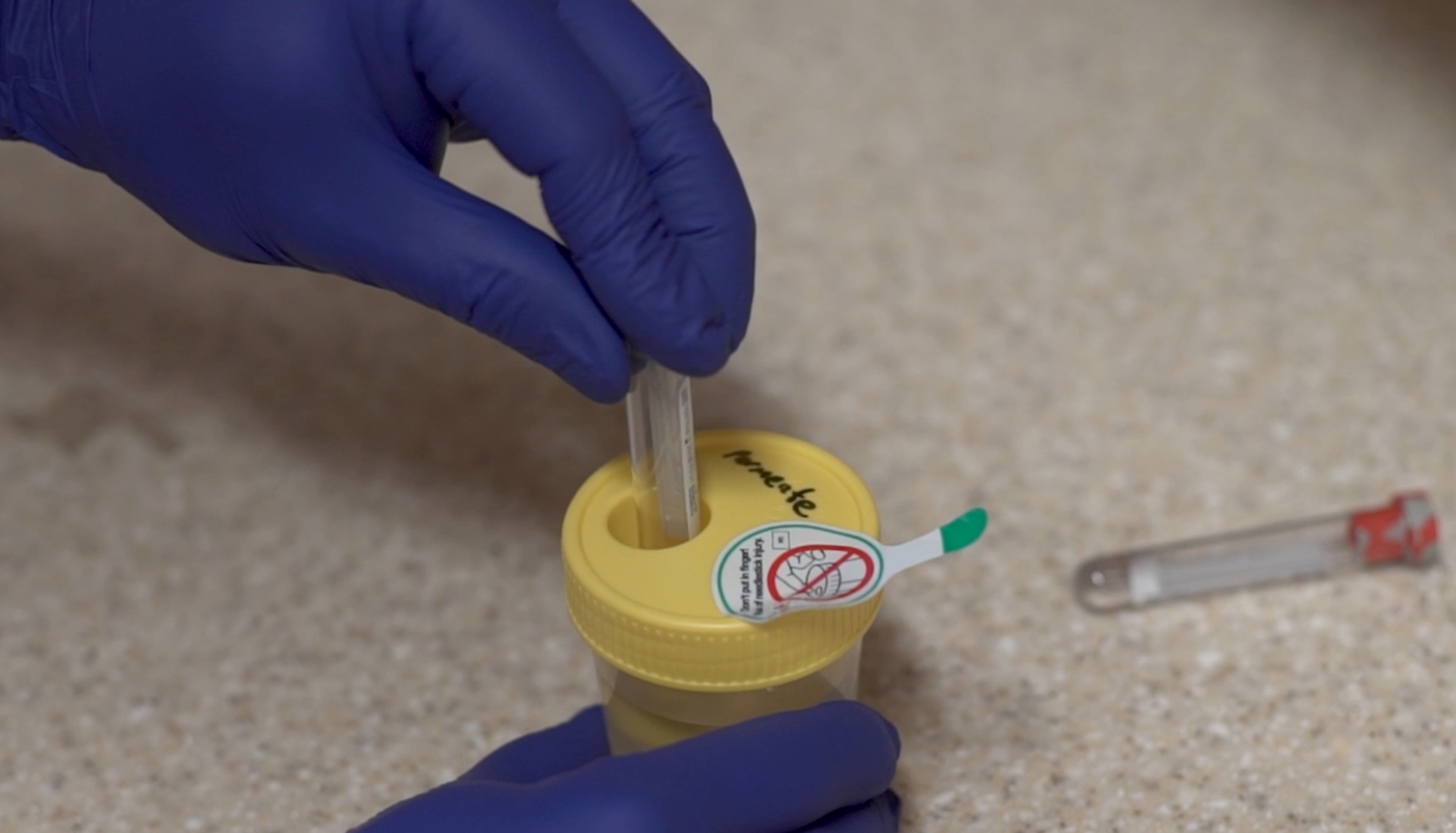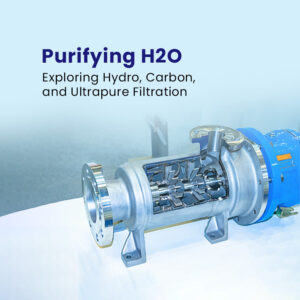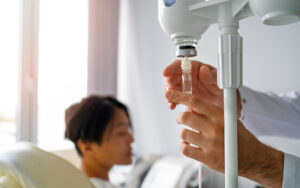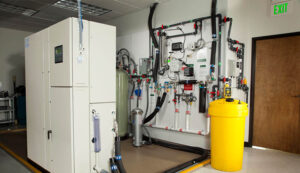Dialysis saves lives for folks with a serious condition called end-stage renal disease. We often focus on the machines and outcomes, but did you know that the quality of water used in dialysis is just as important? Good water quality makes a big difference in helping patients get better and avoiding health risks. In this article, we’ll explore why it’s essential to educate dialysis patients about water quality so they can be part of keeping their treatment safe and top-notch.
The Importance of Dialysis Water Quality:
During dialysis, water makes up about 94% of dialysate, the solution that acts like a superhero, removing toxins and waste from the blood. But if the water quality is poor, it can bring in nasty stuff like bacteria, toxins, and chemicals, which can cause infections, inflammation, and other health problems. So, it’s super important to make sure the water is clean and safe.
The Role of Patient Education:
Teaching dialysis patients about water quality is like giving them a superpower. Here’s how patient education can make a difference:
1. Knowing About Water Contaminants:
Patients need to understand what can make the water bad for dialysis. Learning about germs, chemicals, and toxins helps them see why monitoring and treating the water is so important for their safety.
2. Spotting Signs of Bad Water:
It’s crucial for patients to recognize signs that the water might not be great during treatment. If they experience any strange reactions during treatment or infections after treatment could be a sign that something’s wrong.
3. Testing Water Quality Matters:
Patients should know that the water in dialysis facilities gets tested regularly. They can learn about what they check for, like toxins, organics, inorganic, chemicals, and the documentation required to understand the effort put into keeping them safe.
4. Getting Involved in Safety Measures:
When patients actively participate in safety measures, they become true heroes. Encouraging them to ask questions, voice concerns, and report anything fishy during treatment creates a team effort to ensure good water quality.
5. Speaking Up and Taking Charge:
Patient education should empower them to speak up for themselves. They should feel comfortable talking openly with healthcare providers and dialysis staff about any worries they have about water quality. Being involved in decisions and discussions helps make water quality even better.
Teamwork between Caregivers, Providers and Patients:
Educating patients can’t be done alone. It’s all about teamwork between healthcare providers, dialysis staff, and patients and their caregivers themselves. Here are some ways to make it happen:
1. Clear and Simple Info:
Creating materials like brochures or digital resources that explain water quality and how patient providers and caregivers can keep things safe is key.
2. One-on-One Time:
When dialysis professionals take time to talk with patients, answer questions, and address concerns about water quality, it makes a big difference. Personal attention is priceless.
3. Bringing Everyone Together:
Including a bunch of different folks, like doctors, Nurses, biomedical care experts, and support groups, helps patients see the bigger picture. Hearing from different angles helps patients get the full story.
Wrap Up:
Educating dialysis patients and their cargivers about water quality gives them the power to protect themselves. When they understand the importance of good water quality and know how to spot potential problems, they become true heroes in their own treatment. By working together and sharing knowledge, we can ensure that dialysis patients receive the best and safest care possible.




